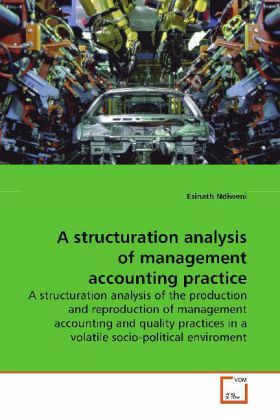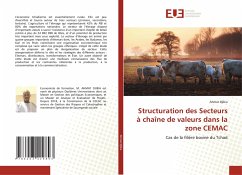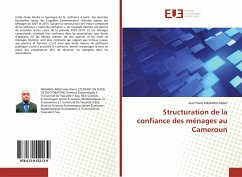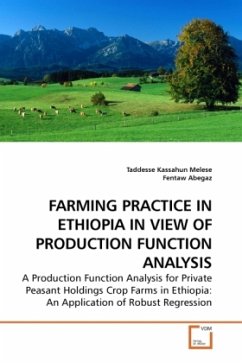
A structuration analysis of management accounting practice
A structuration analysis of the production and reproduction of management accounting and quality practices in a volatile socio-political enviroment
Versandkostenfrei!
Versandfertig in 6-10 Tagen
45,99 €
inkl. MwSt.

PAYBACK Punkte
23 °P sammeln!
This study employs insights from structuration theoryto help us understand the role of managementaccounting in the implementation of qualitymanagement systems (QMS) in a Car Plant in Zimbabwe.Through an outline of a volatile socio-politicaleconomic environment, the study demonstrates how thisinfluenced the reproduction of management accountingand quality management practices.The study revealshow the social values influenced the choice ofaccounting techniques by managers in thisorganisation. It shows how both were implicated inthe signification, domination and legitimationstructures in organisa...
This study employs insights from structuration theory
to help us understand the role of management
accounting in the implementation of quality
management systems (QMS) in a Car Plant in Zimbabwe.
Through an outline of a volatile socio-political
economic environment, the study demonstrates how this
influenced the reproduction of management accounting
and quality management practices.The study reveals
how the social values influenced the choice of
accounting techniques by managers in this
organisation. It shows how both were implicated in
the signification, domination and legitimation
structures in organisations. The study reveals that
engineers are more involved with the implementation
of QMS than accountants, a finding that is supported
by evidence from the institutional context.It
concludes that management accounting and quality
practices are ''situated'' practices.
to help us understand the role of management
accounting in the implementation of quality
management systems (QMS) in a Car Plant in Zimbabwe.
Through an outline of a volatile socio-political
economic environment, the study demonstrates how this
influenced the reproduction of management accounting
and quality management practices.The study reveals
how the social values influenced the choice of
accounting techniques by managers in this
organisation. It shows how both were implicated in
the signification, domination and legitimation
structures in organisations. The study reveals that
engineers are more involved with the implementation
of QMS than accountants, a finding that is supported
by evidence from the institutional context.It
concludes that management accounting and quality
practices are ''situated'' practices.












